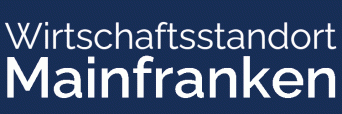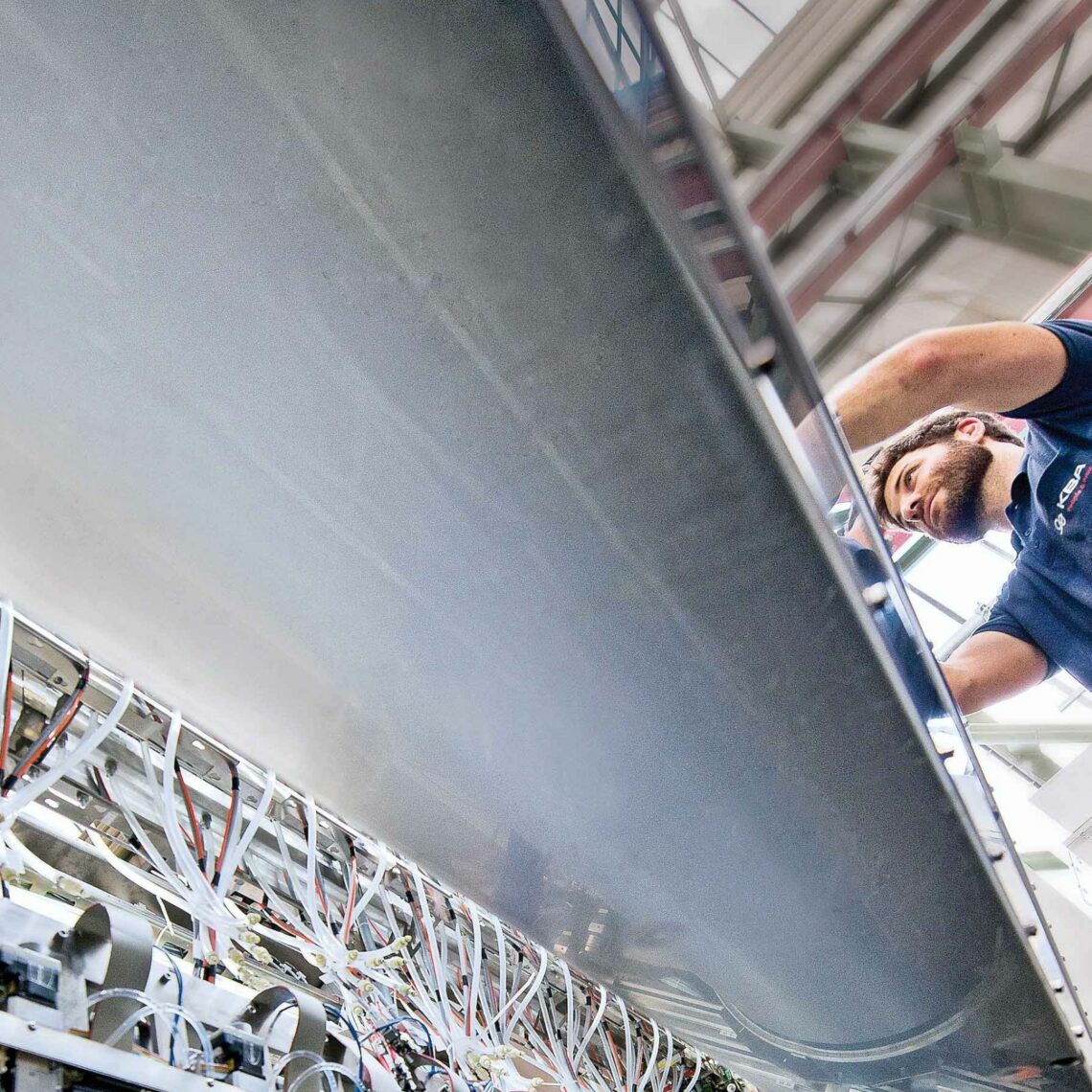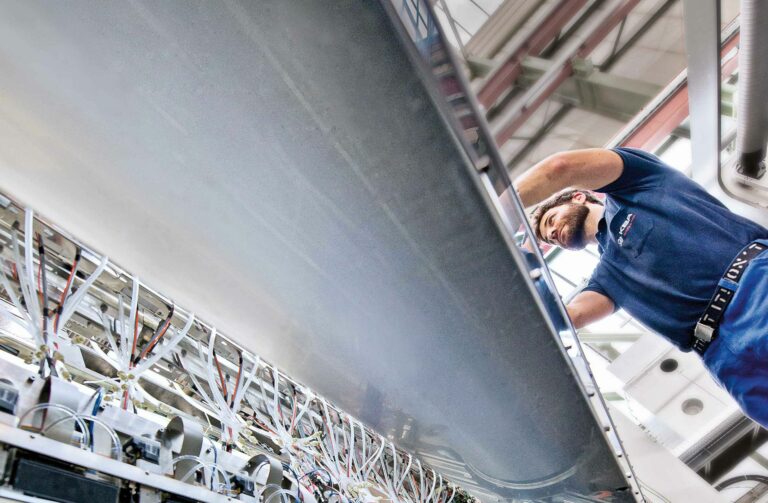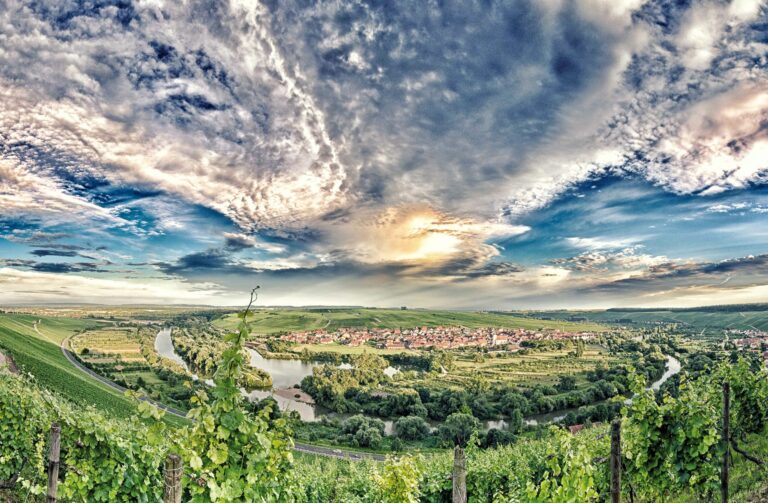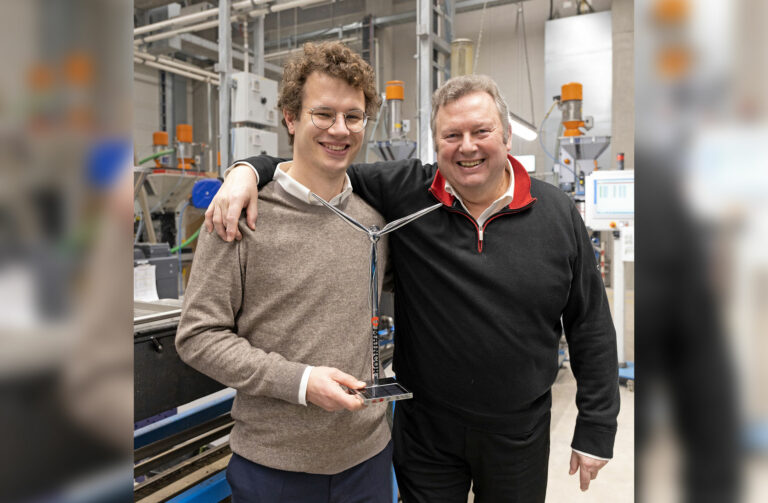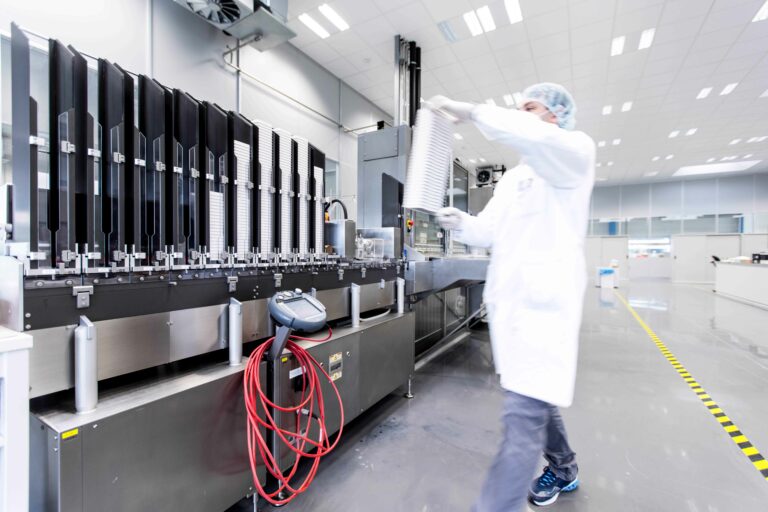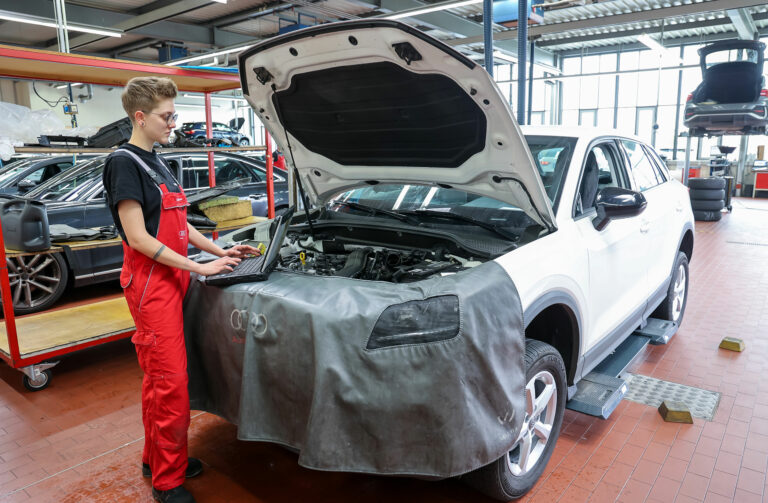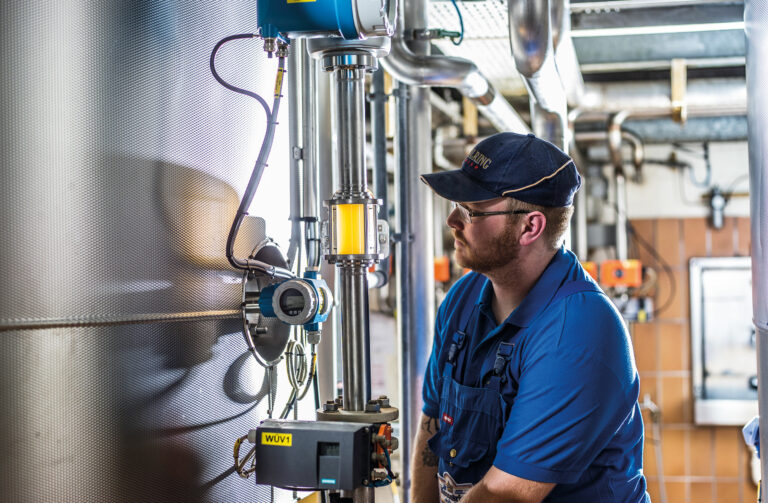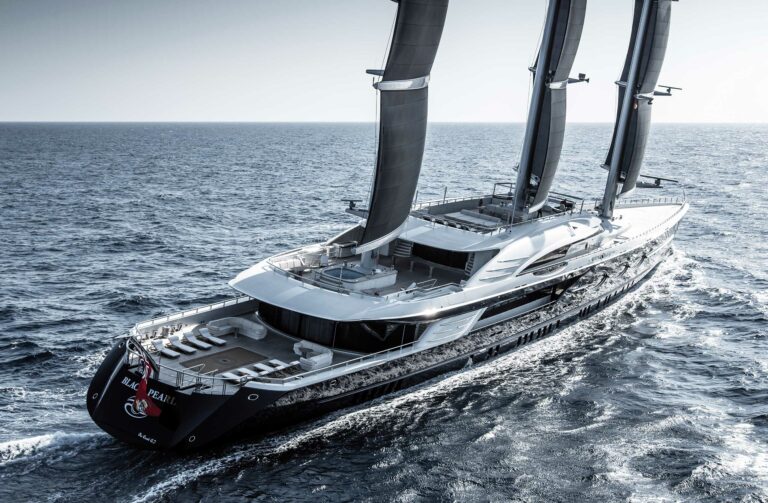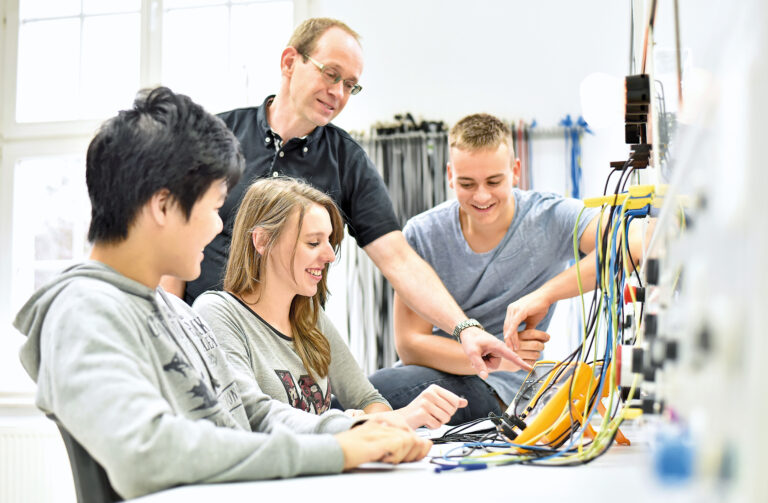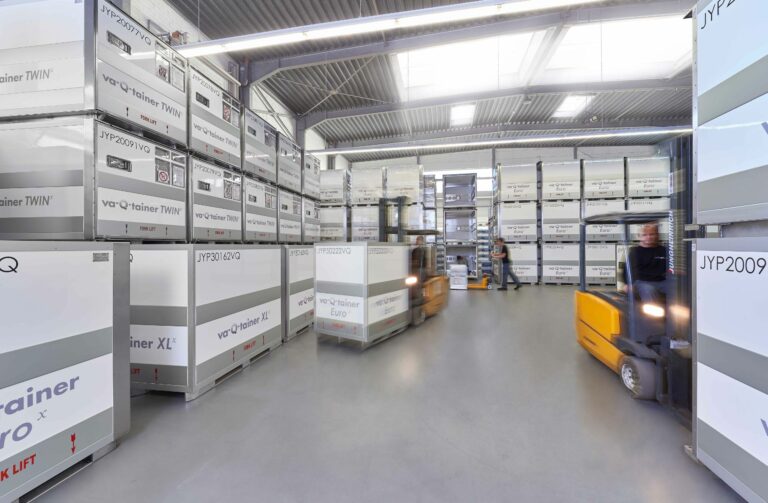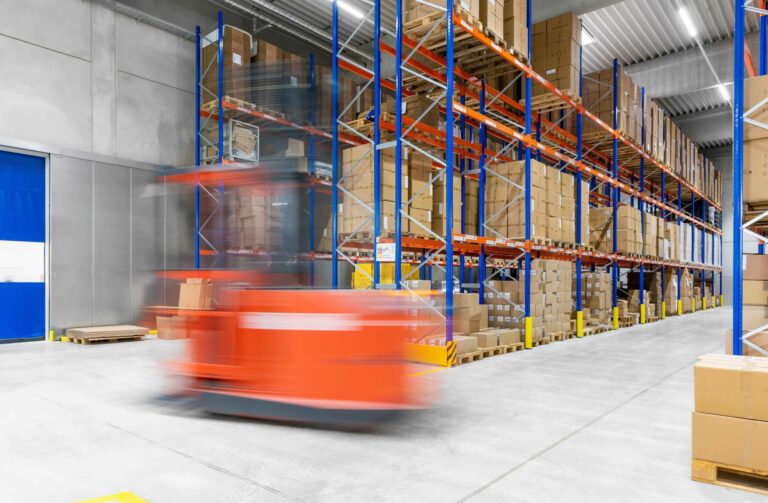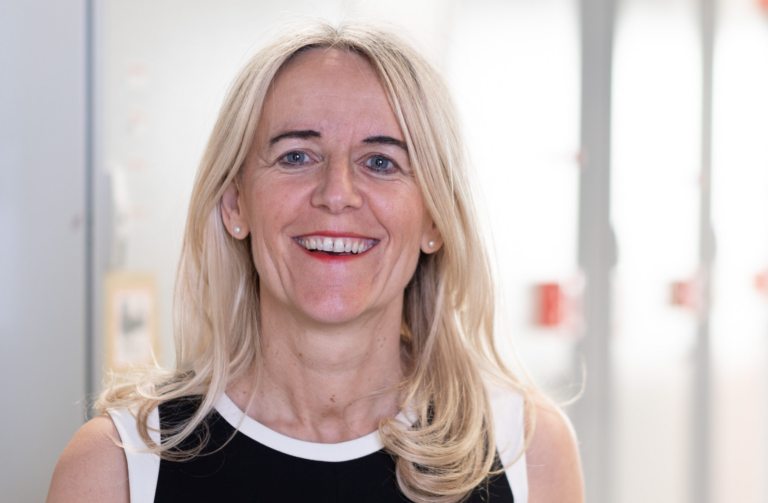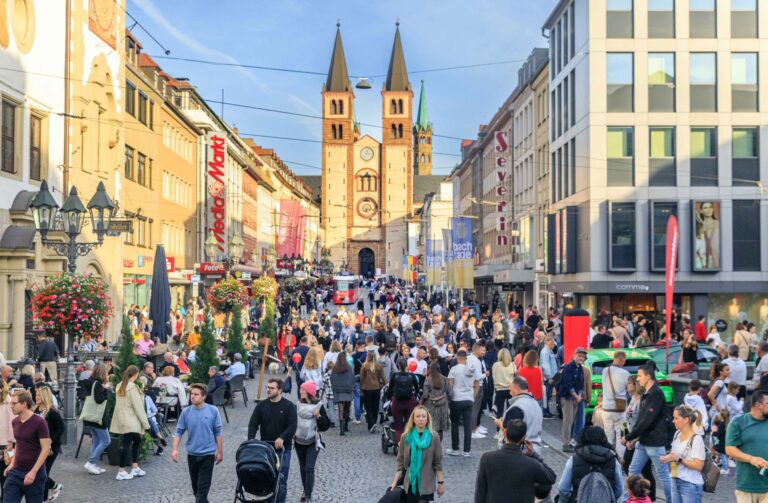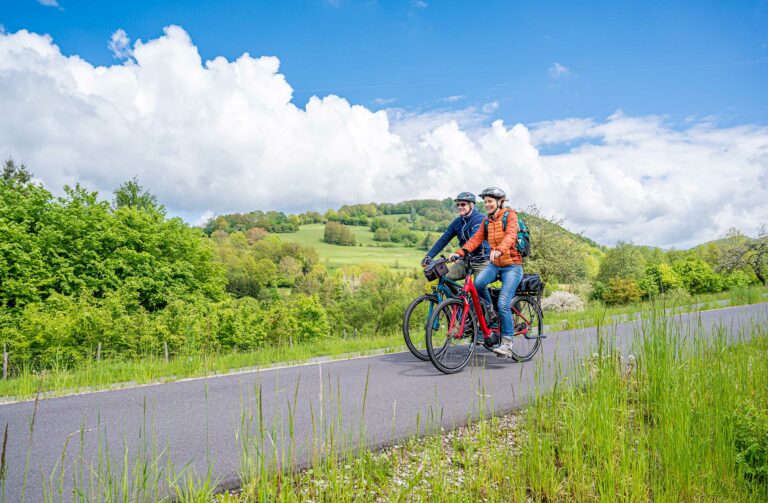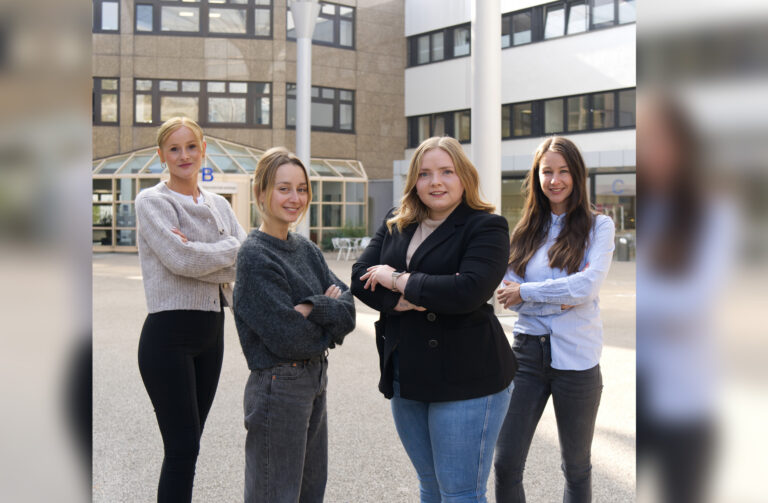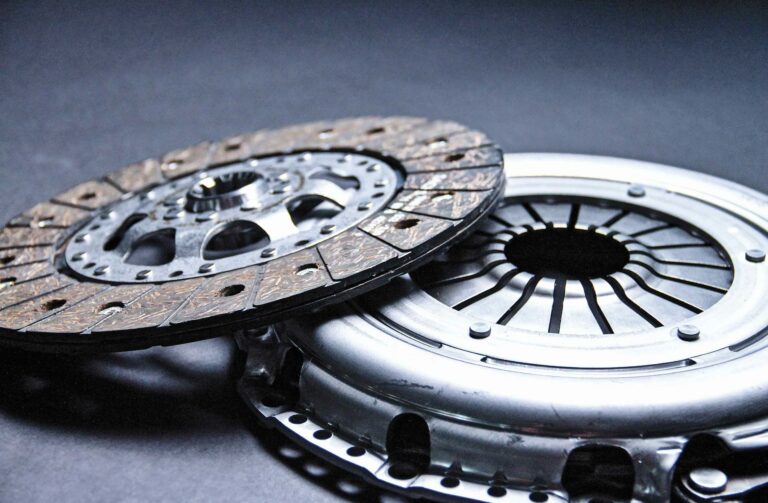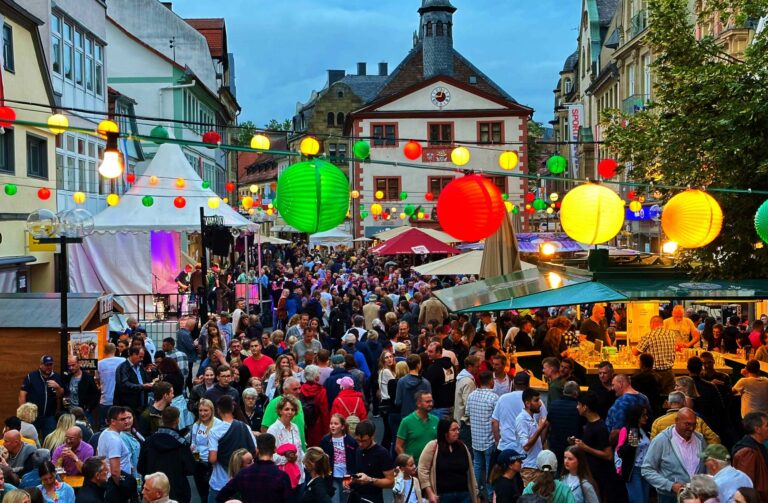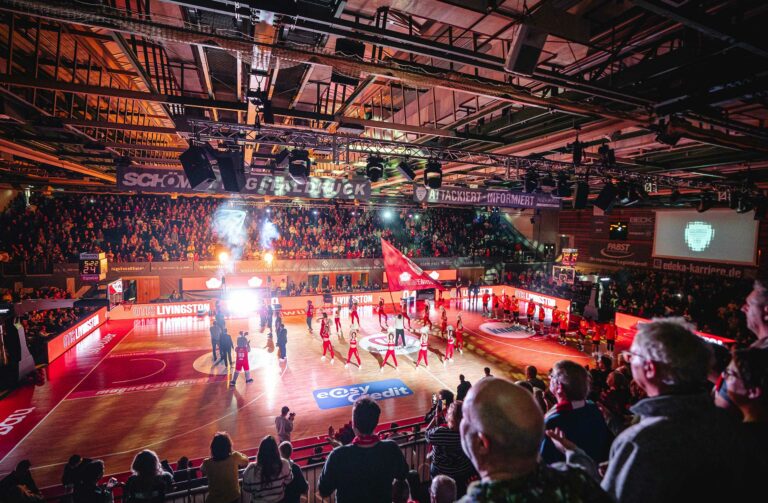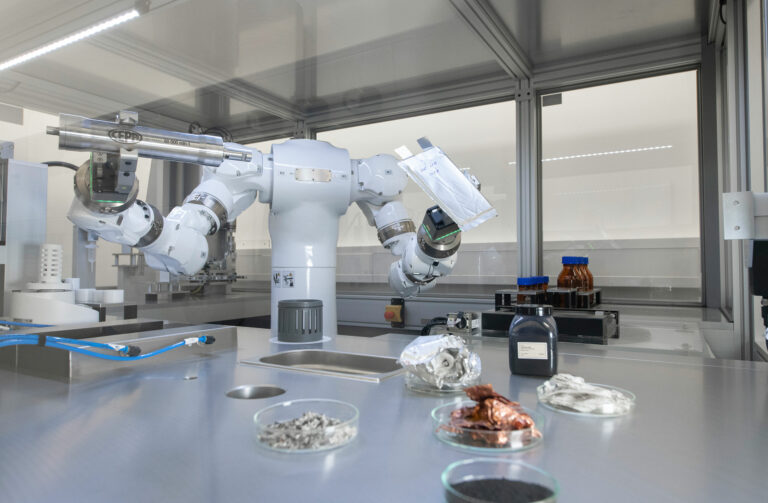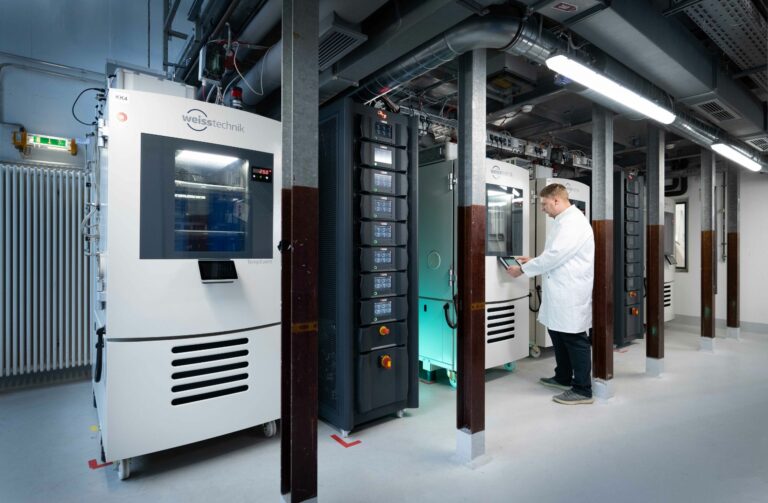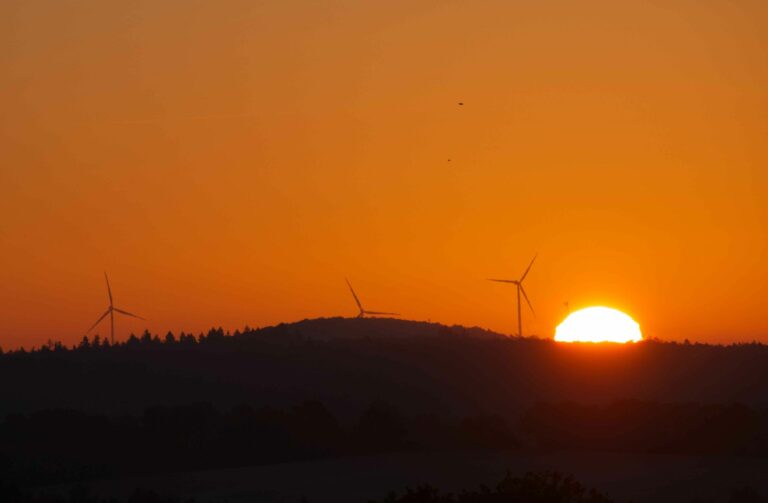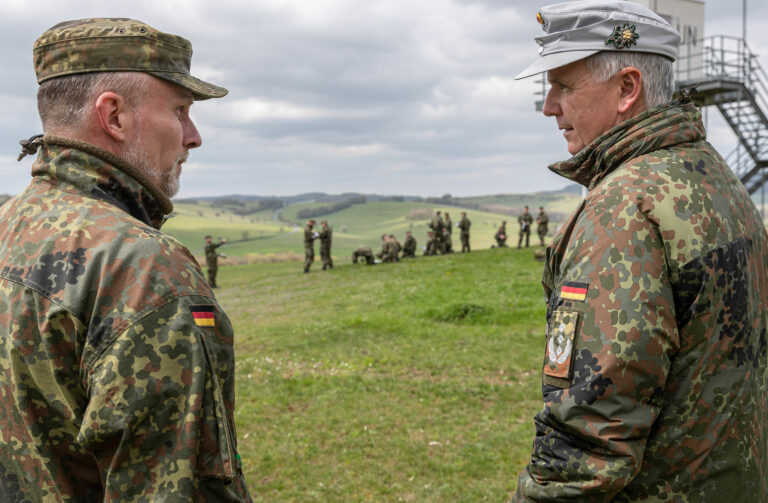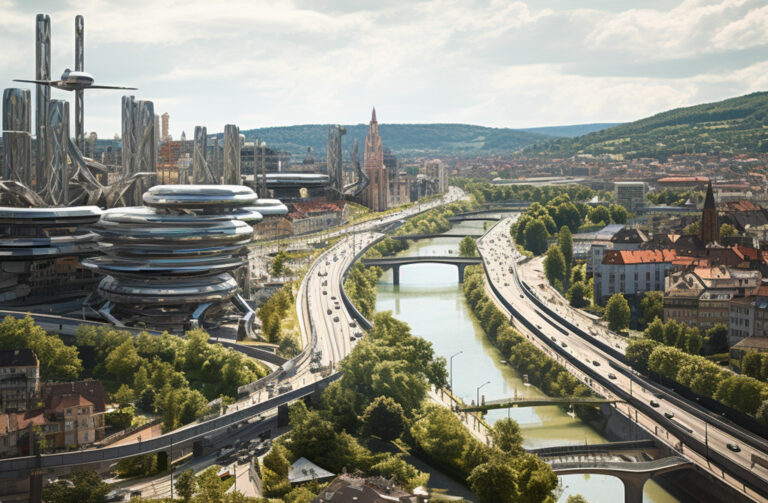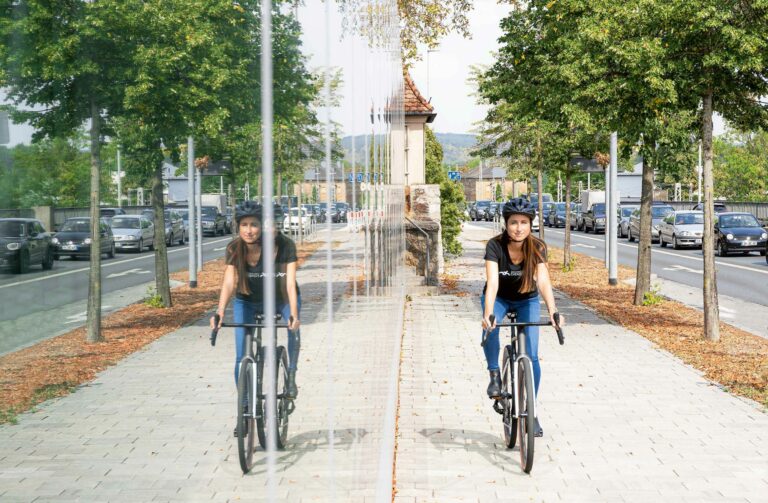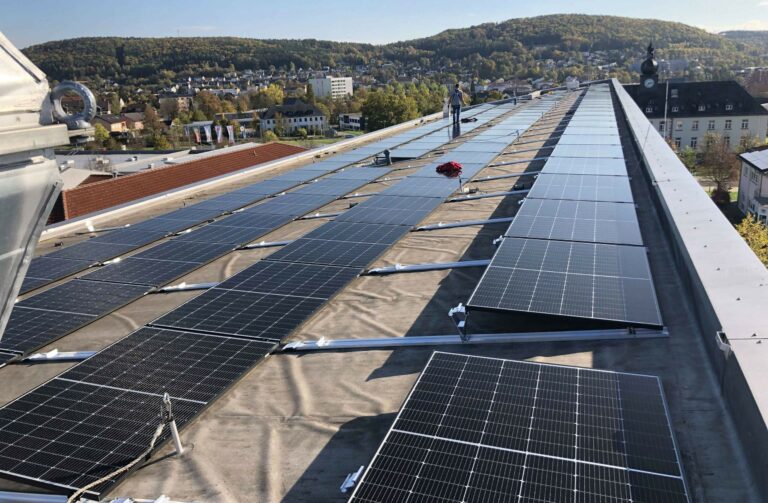Transformation in industry and the automotive sector
In 1814, Friedrich Koenig’s cylinder press printed the London daily newspaper “The Times” for the first time using steam engine power, laying the foundation for today’s King & Bauer AG, the world’s second largest printing press manufacturer with the broadest product range in the industry. German engineering coupled with the pursuit of global reach have a long tradition in Main Franconia. The region is home to a number of well-known companies and brands such as Bosch Rexroth, Brose, FAG (Schaeffler), Fränkische Rohrwerke, Jopp, Preh, Siemens, SKF or ZF Sachs.
The corporate structure is well balanced and ranges from leading SMEs to global corporate groups. The main regional areas of expertise are drive and control technology, brake and clutch systems, printing presses, hydraulics, automotive electric motors and operating systems as well as precision and roller bearing technology.
Almost 55,000 employees work in the field of automotive and mechanical engineering in Main Franconia. The sector-specific share of employees in mechanical and vehicle engineering is twice as high as in the national comparison.
Main Franconia’s central location in Europe favours this dynamic development. Ideally located between the sites of the major car manufacturers in Bavaria, Baden-Württemberg, North Rhine-Westphalia, Lower Saxony and Saxony, Main Franconia offers an excellent transport infrastructure with the A 3, A 7, A 70/73 and A 81 motorways as well as ICE high-speed train routes in all directions. Business start-ups, expanding companies and new investors have every opportunity to bring their business here with several business incubators and innovation centres as well as attractive industrial estates and parks. The attractive environment – a mild climate, qualified workforce, high cultural and recreational value, optimal price-performance ratio – favours entrepreneurial activity in Main Franconia.
In order to maintain the region’s success, the transformation in Main Franconia is in full swing: the Technology Transfer Centre for Electromobility in Bad Neustadt (TTZ-EMO) was founded as early as 2012 to support the transformation with regard to electrical energy and drive technology and electromobility. Three more TTCs in Main Franconia have been approved and will start their work soon. New degree programmes for the future, such as robotics and hydrogen technology, have been created at the Würzburg-Schweinfurt University of Applied Sciences (THWS) to train the qualified engineers of tomorrow.
Artificial intelligence (AI) and super tech are being massively supported as part of the Hightech Agenda Bavaria: the Competence Center Artificial Intelligence and Robotics (CAIRO) at the THWS, together with the Centre for Artificial Intelligence in Data Science (CAIDAS) at the Julius-Maximilians-Universität Würzburg, is the hub for data science. The transform.RMF project addresses SMEs in particular: the aim of the project is to promote the exchange of experience and networking of companies affected by the transformation in the leading sectors of mechanical engineering and automotive in Main Franconia.
THWS also offers a wide range of practical degree programmes such as electrical engineering, mechanical engineering, mechatronics and industrial engineering. The Faculties of Physics, Computer Science, Law and Business Administration at the University of Würzburg ensure the demand for highly qualified academics is met and are partners for research cooperation and technology transfer.
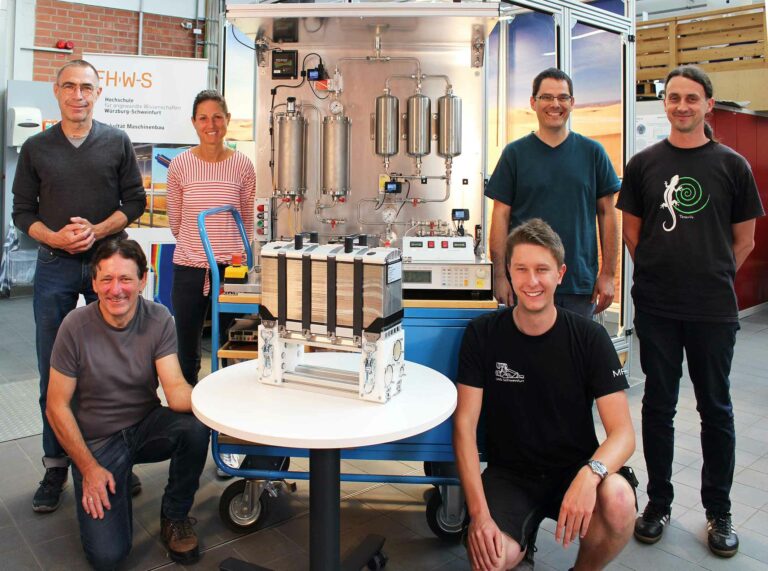
There are also numerous non-university research institutions and networks that strengthen the competitiveness of Main Franconian companies, such as:
- Automation Valley Nordbayern
- Centre for Robotics (CERI), THWS Schweinfurt
- Fraunhofer Institute for Silicate Research (ISC)
- Würzburg-Schweinfurt Chamber of Industry and Commerce Industry, Technology and Research Committee
- Nanonetz Bayern e. V.: Bavarian cluster for nanotechnology
- Steinbeis Research Center Design and Systems
- Süddeutsches Kunststoffzentrum (SKZ)
- Centre for Applied Energy Research (CAE)
- Zentrum für Telematik e.V.
The transformation of the industry is a huge task in which business and science go hand in hand in Main Franconia.
The Koenig & Bauer site in Würzburg makes the world’s largest industrial inkjet printing presses. Photo: Koenig & Bauer
